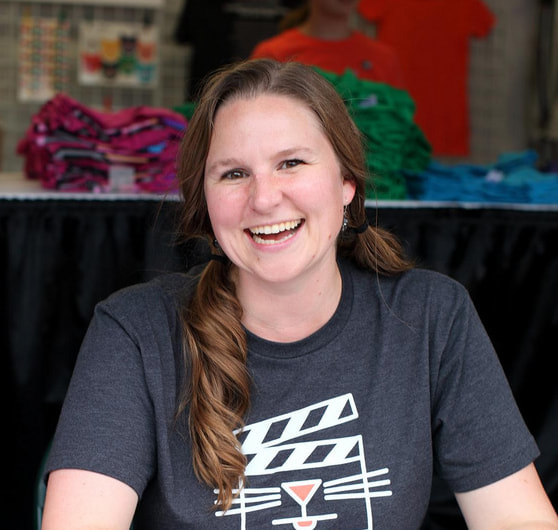MY VIEW OF MUSEUM WORKSome thinkers describe biodiversity as a living museum, an accumulation of evolution's effects over eons. This kind of museum is where I want to work. This kind of museum is all around us, and even within us, full of living beings we could listen to and learn from. One does not need to be in a pristine wilderness to encounter, contemplate, and learn from this kind of museum.
Learning most excites me when we collaborate to create new knowledge. Because I have one foot in conservation biology and another in art, I am especially interested in bringing together artists, scientists, and the public to dismantle oppressive systems and generate new, integrative understandings. Just as museums value and conserve their collections, we can create communities that value and conserve biodiversity. |
GOALS
- Connect people to each other through nature
- Be part of a team committed to the truth that people are not separate from nature
- Work collaboratively and effectively in response to climate change and biodiversity loss
- Develop interpretation and programs that welcome and engage all audiences
- Support people on their own paths to leadership and caring for the natural world
For an example of what this could look like, see Naturehood.
EDUCATION
|
EXPERTISE
|
MUSEUM EXPERIENCE & PROJECTS
- Team member for partnership projects between University of Minnesota and Franconia Sculpture Park:
- Reframing Our Relations Community Meal and Conversation, October 2, 2022
- BioQuest, September 25, 2021
- Wild parsnip signage & flyer, 2021-2022
- Visitor Experience Associate at the Science Museum of Minnesota, March-December 2019
- Gallery assistant at the Minnesota State Fair Fine Arts Exhibition, 2018
- Intern at Bell Museum of Natural History, May-October 2016
- Education staff at Walker Art Center, September 2008-November 2014
COURSEWORK
University of Minnesota:
- Museum History & Philosophy (MST 5011): Term paper examined how citizen science participants construct meaning through doing and social interactions, as well as roles museums can play in this
- Museum Practices (MST 5012): Term paper on environmentally-engaged transformative learning
- Quest for an Environmental Ethic (EEB 8990): Reviewed literature on childhood development of moral identity as it pertains to the environment, and the importance of safe access to nature
